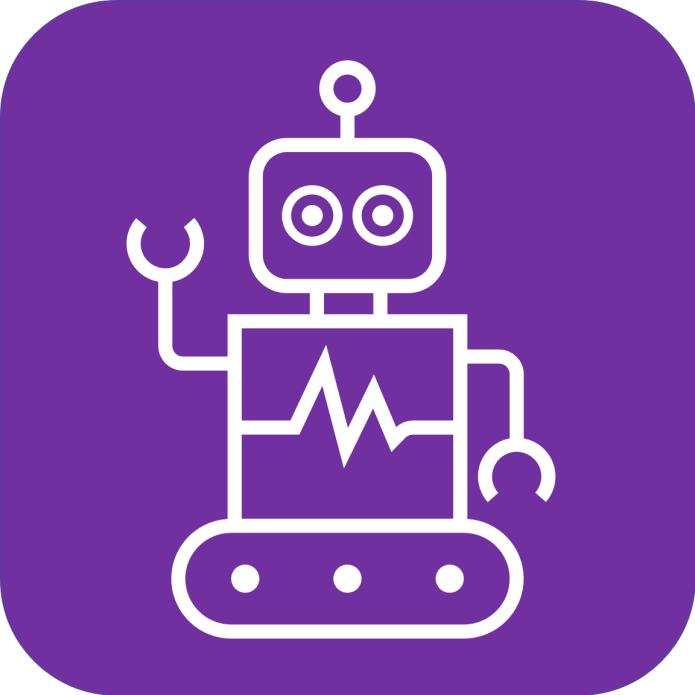Course Policies
It is my intent that all students feel welcome and are supported in this course. Our campus is home to a diverse community of learners and my intention is that this diversity is celebrated and welcomed in Bio-Robot D&E. Please make sure to use the canvas or registrar name pronunciation tool to help ensure we are using your preferred name and pronunciation. Everyone will have the opportunity to share their preferred pronouns and we will use name tags during the first few weeks of class to help everyone get to know each other.
Additionally, we strive to ensure that student’s learning needs are addressed both in and out of class. Throughout-out the semester you will have opportunities to provide feedback through a mid-semester survey and final course evaluations. You are also always welcome to come speak with me directly about any concerns or feedback you may have during office hours or by appointment. As a junior faculty member, your feedback helps me improve as teacher and improve the course and it is much appreciated.
It is my intent to present class materials and activities that are respectful to our whole, diverse community. Mechanical engineering and mechatronics include some jargon and terminology which is archaic. To ensure you are familiar with such terms in industry we will introduce them in their traditional form, but we will work as a class to consider alternate terminology that is more inclusive (this is a trend that is also starting in industry).
If any of our class meetings or due dates conflict with religious, spiritual, or medical events, please let me know and we will make appropriate arrangements.
To help support our Bio-Robot D&E community, please see the following course policies.
Accommodations for students with disabilities: If you have a disability and require accommodations, please contact Catherine Getchell, Director of Disability Resources (See canvas syllabus for contact info). If you have an accommodations letter from the Disability Resources office, I will work with you to ensure that accommodations are provided as appropriate. Please note, per CMU guidelines, we cannot retroactively apply accommodations. Therefore, I encourage you to discuss your accommodations and needs with me as early in the semester as possible.
Communications Policy: I appreciate your questions (and I especially appreciate students who let me know if something looks wrong on Canvas). Questions should be posted to the course piazza (preferred) or sent via email (as needed for sensitive topics). However, I do want you to know that I consider our piazza and email correspondence part of your learning in this class. To find out guidelines for interacting with your professors, watch the GCC video on What your employers and professors wish you knew about email communication. Because I want you to be successful in life as well as college, I require that all email correspondence and piazza interactions be professional. This means you should phrase requests politely, proofread your emails, and demonstrate consideration for my time. If you send me an unprofessional email, I will ask you to revise it before I will respond. Treat those you are communicating with as if you are concerned about the impression you are making.
Take care of yourself: Do your best to maintain a healthy lifestyle this semester by eating well, exercising, avoiding drugs and alcohol, getting enough sleep, and taking some time to relax. Be sure to follow all state and federal guidelines on social distancing and self-isolation as appropriate. This will help you achieve your goals and cope with stress.
All of us benefit from support during times of struggle. You are not alone. There are many helpful resources available on campus, and an important part of the college experience is learning how to ask for help. Asking for support sooner rather than later is often helpful.


